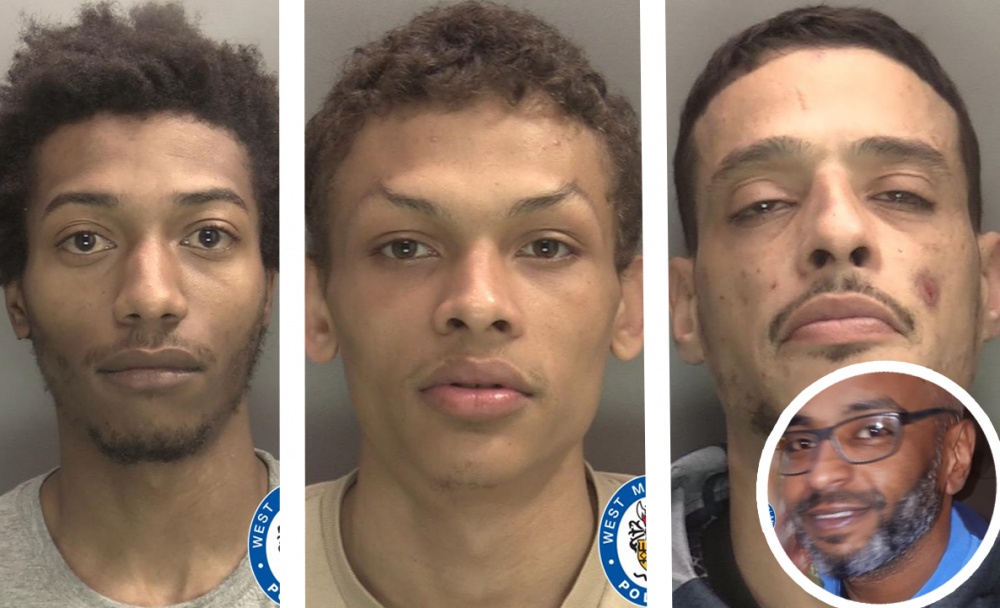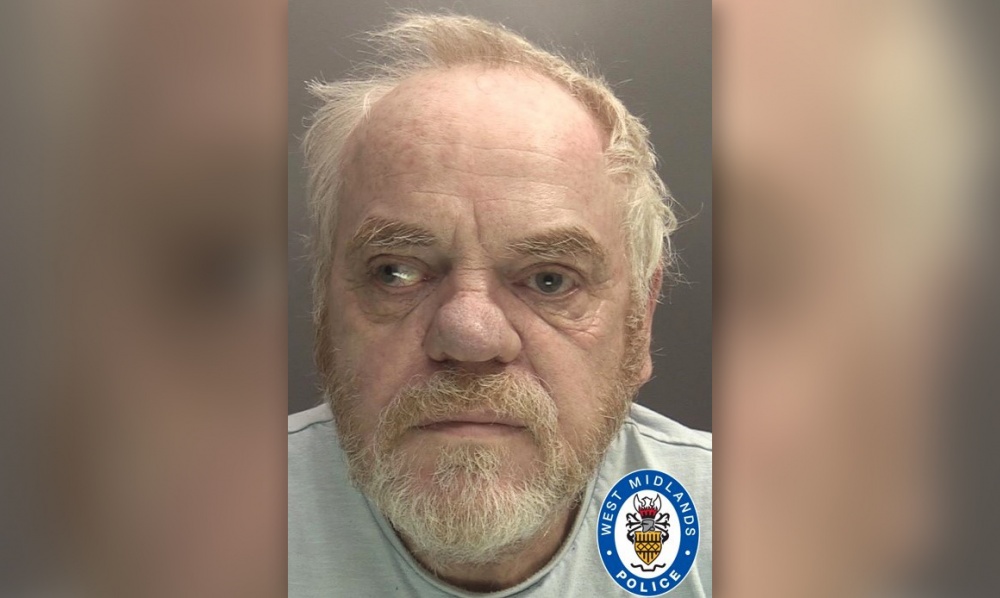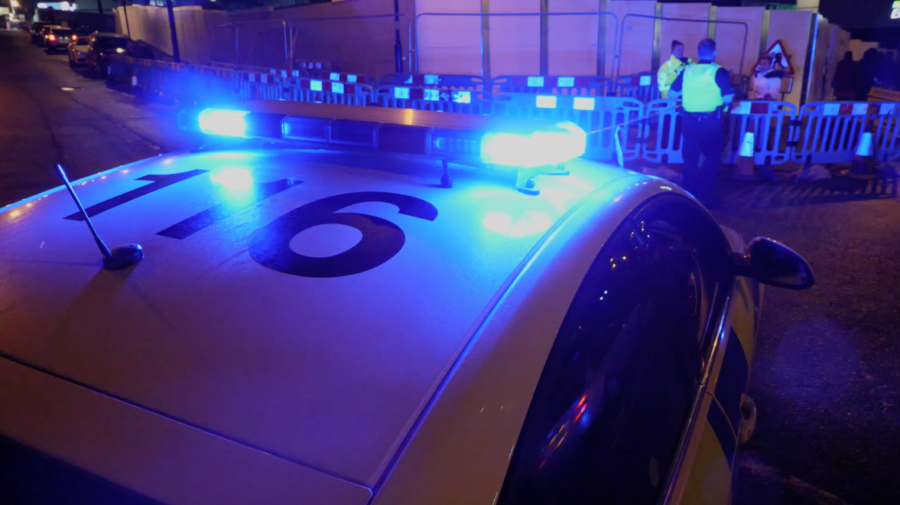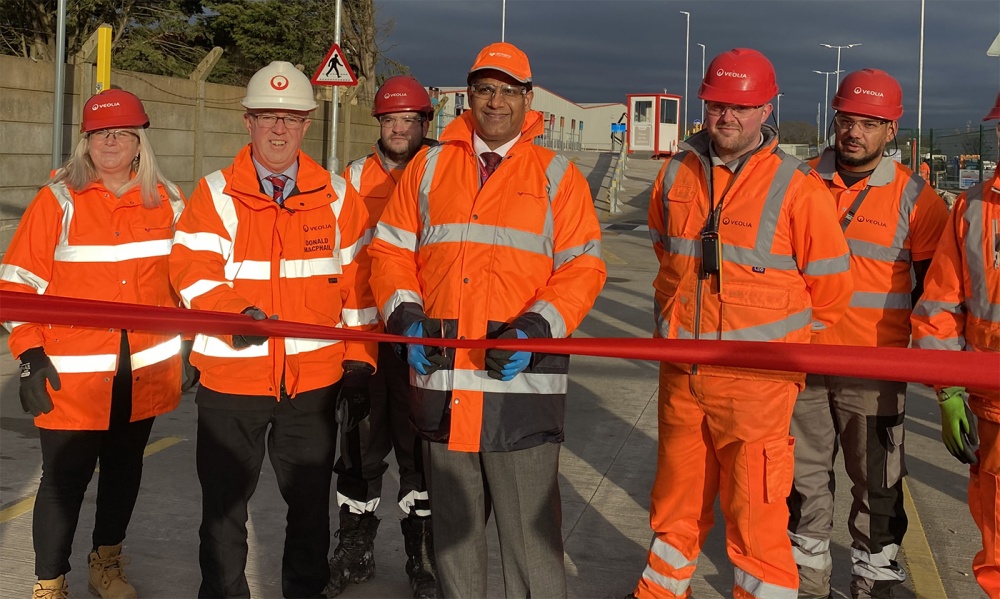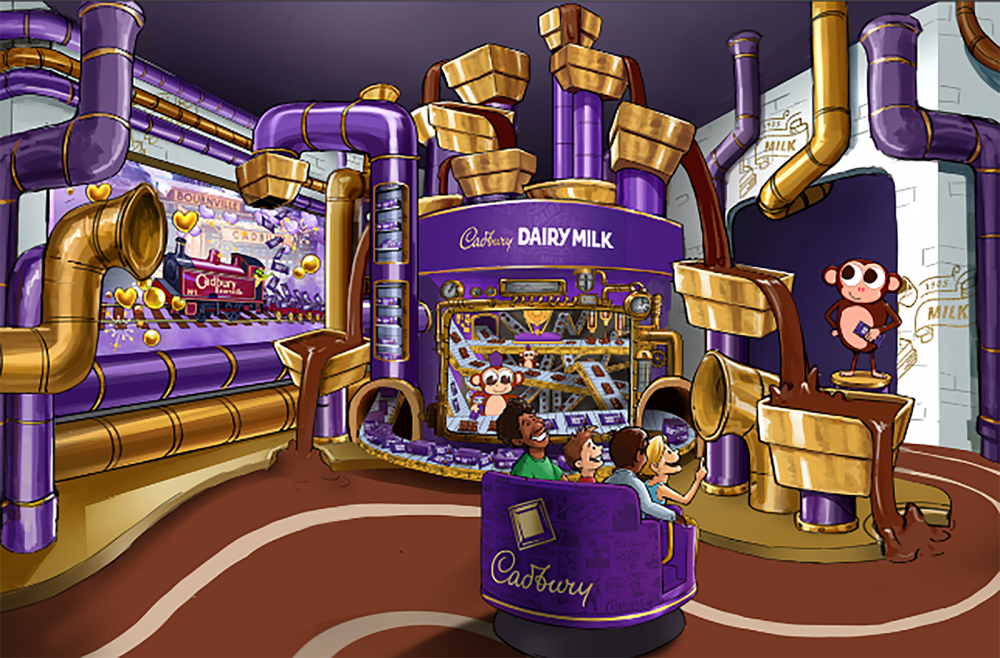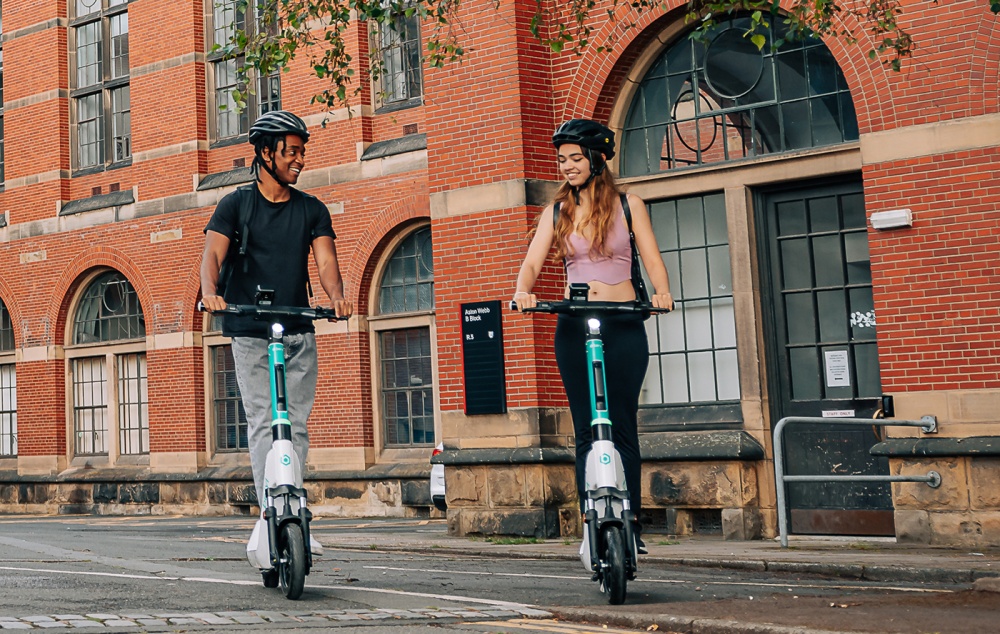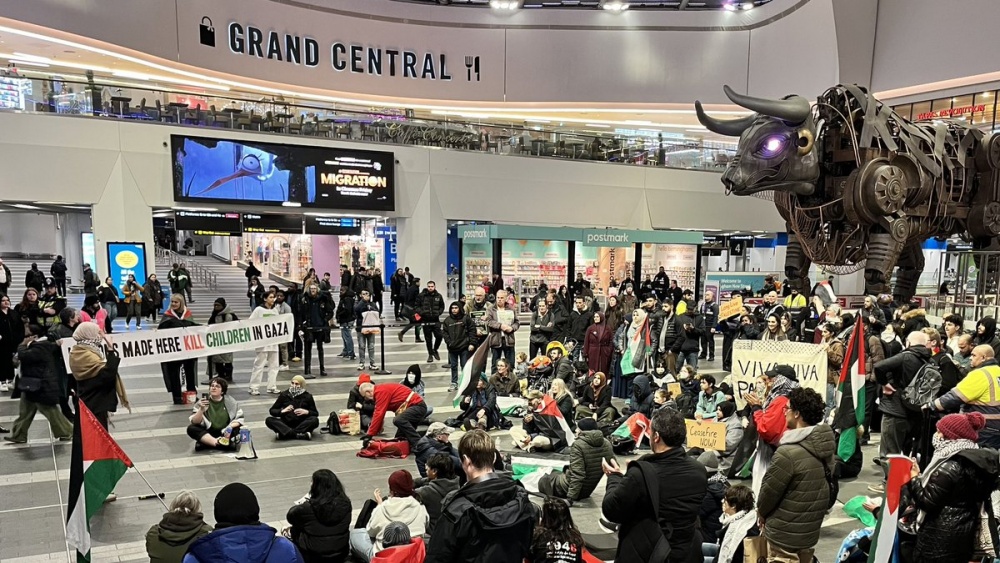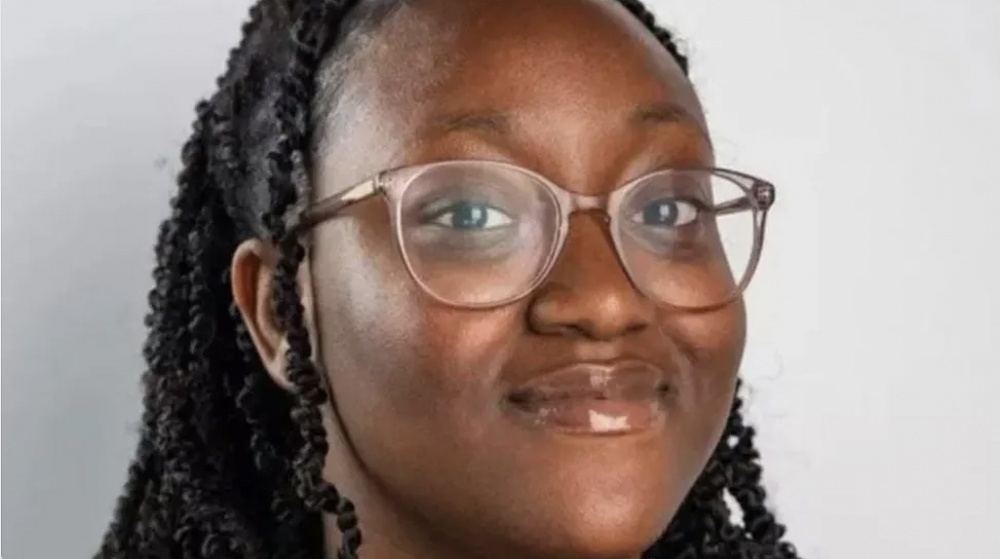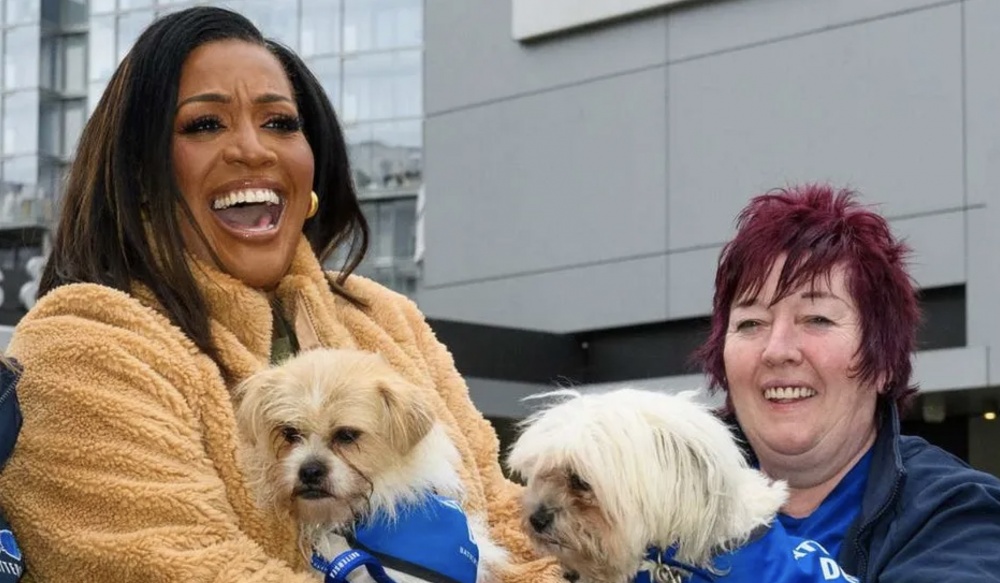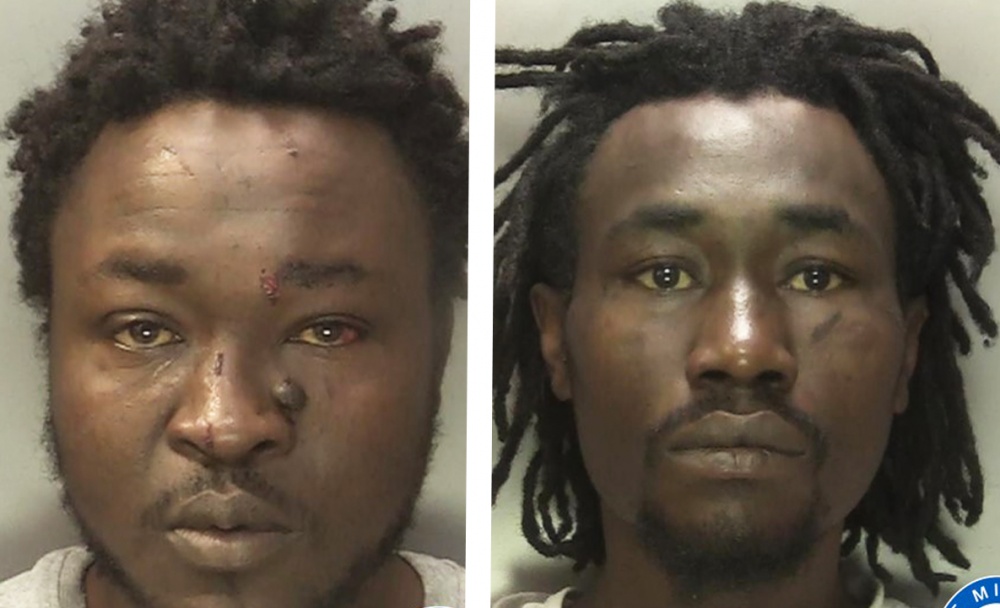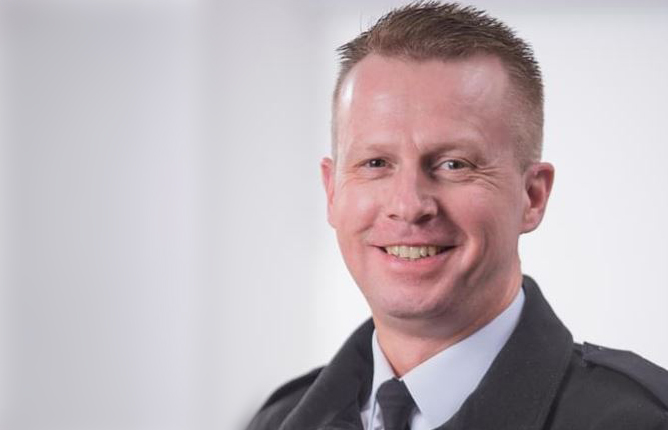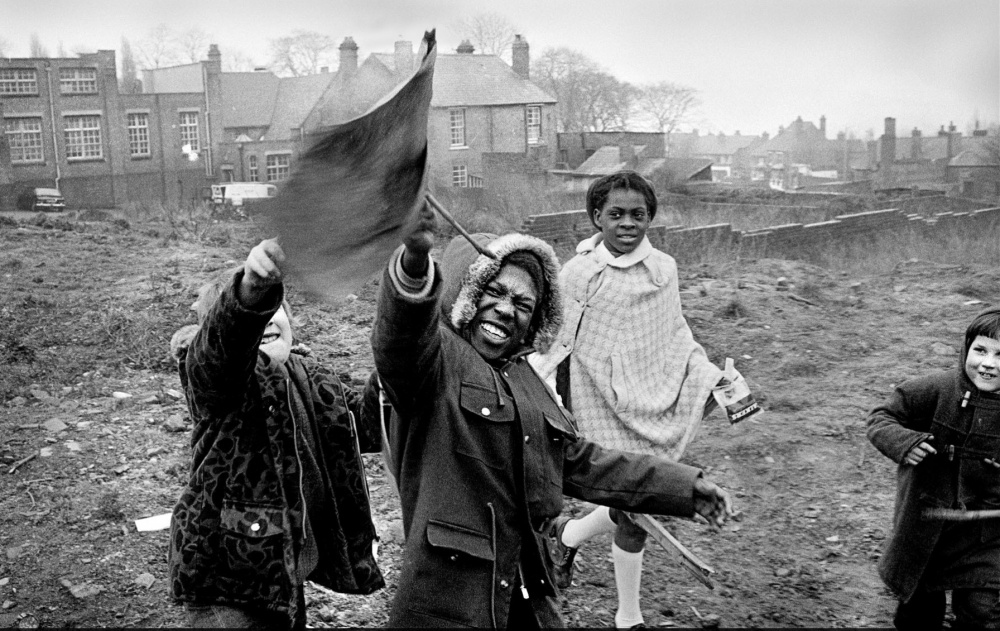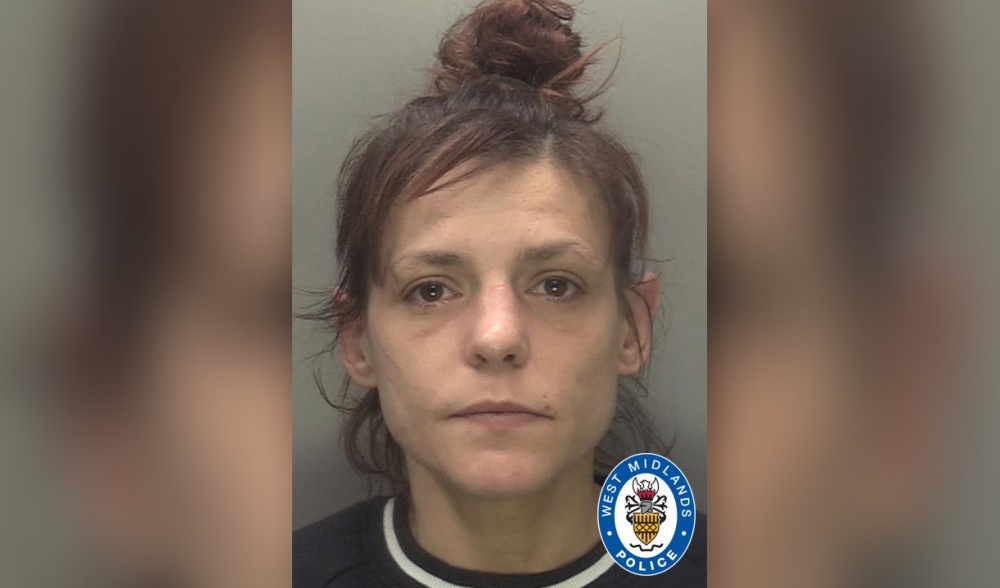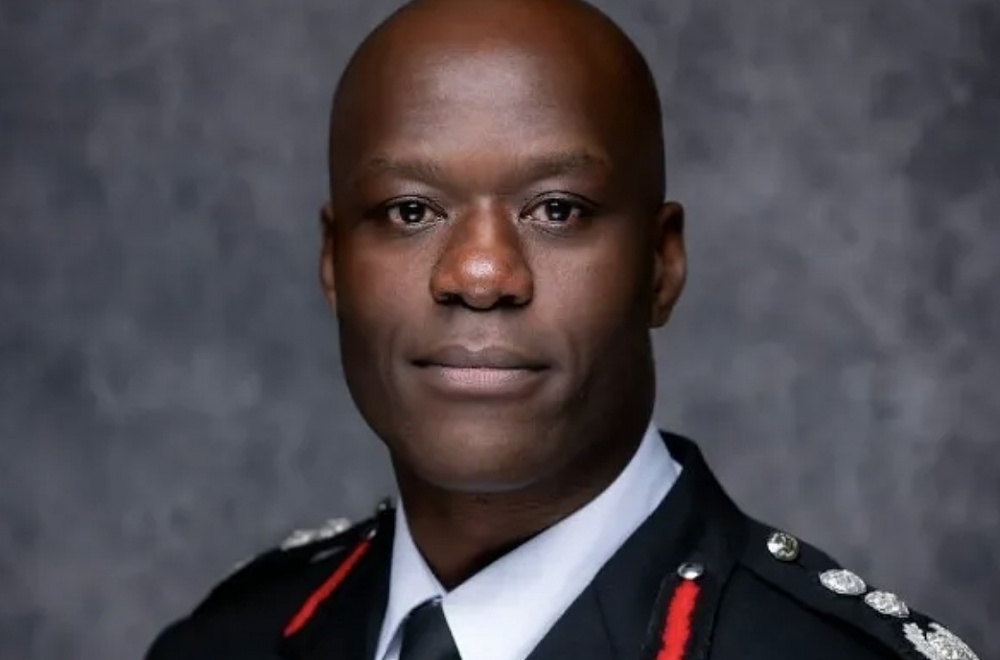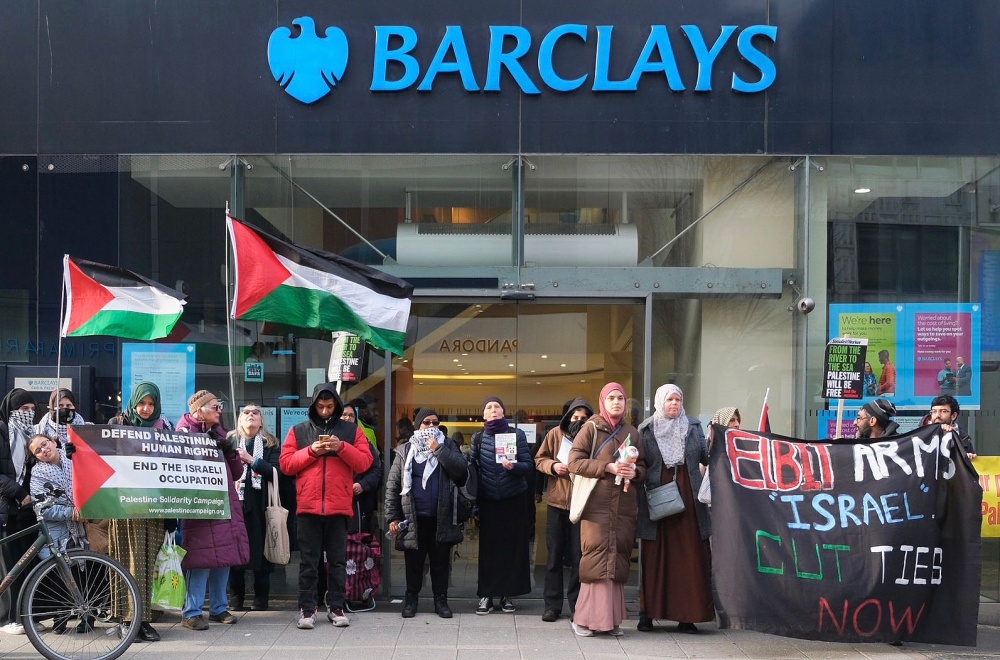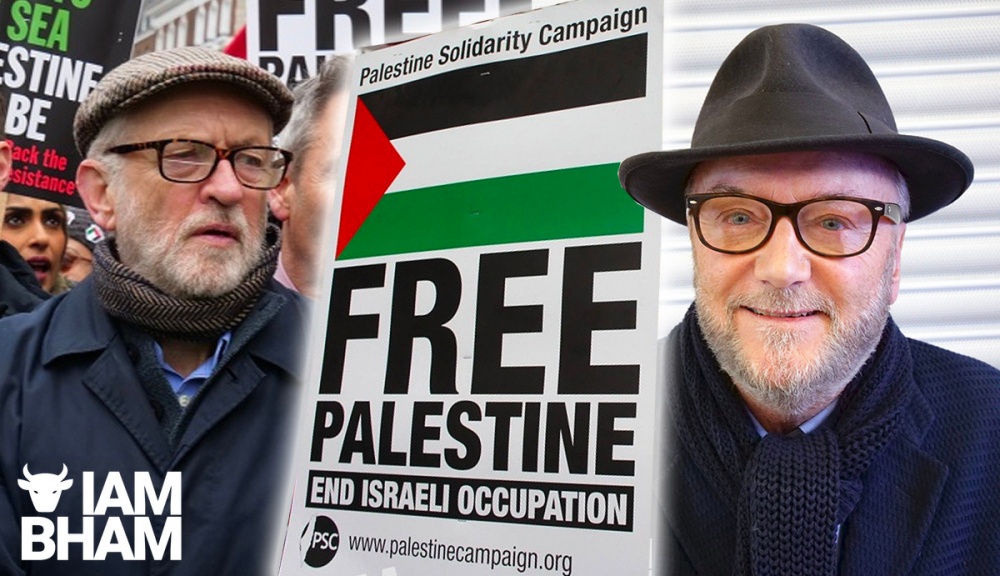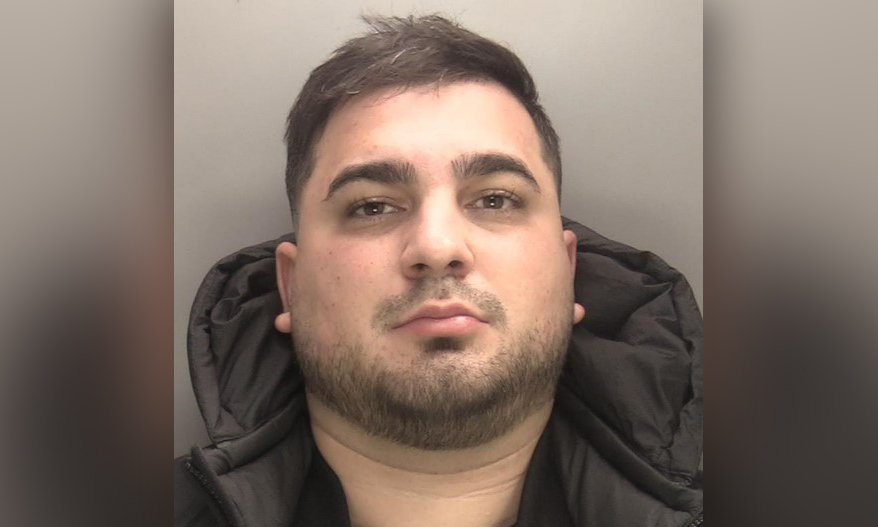Birmingham Muslims mark beginning of Ramadan

Ramadan, a month of religious spirituality and fasting for Muslims, has begun. For many, it started on Sunday 5th June this year as evening prayer services began before the first day of fasting took place on Monday 6th June.
For others, it began a day later. Ramadan (sometimes stylised as Ramadhan), is the ninth month in the Islamic calendar is is utilised by Muslims as an opportunity for spiritual and physical renewal through prayer, meditation, detoxification, charity, good action, positive thought, learning and fast.
As Birmingham’s estimated 235,000 Muslims and over 200 city mosques prepare for 30 days of religious observance and fasts lasting around 18.5 hours a day, we explore what Ramadan means to ordinary Muslims from Birmingham:
.
Amerah Saleh, spoken word artist

“Ramadan, for me, is about compassion and empathy. This time of year is the best to reflect and count your blessings.
It’s not about who can cook the most or best kind of food, but who can embody the principles and values of Ramadan.
It’s not just not eating, but praying, being generous and giving but also about cleansing. It’s hard, but I love it.”
.
Waseem Zaffar, Birmingham city councillor

“Ramadan is a spiritual month of reflection, and also a month when Muslims give to those less fortunate.
Muslims across Birmingham will spend the month breaking fasts with people of all faith and no faith; opening up their houses and mosques to allow others to learn about the Muslim way of life of being good neighbours.”
.
Maz Saleem, anti-racism campaigner

“The month of Ramadan is really important to me as it is one of the five pillars of Islam, it is extremely important to all Muslims. It is a time for me to assess my relationship with the Almighty and a time for reflection and to think more about the poor and needy, an extremely charitable month.
Ramadan for me is about balancing life’s priorities and our concern for the hereafter, and meeting the Almighty. A balance of food and time, people and money. A real connection with the Qur’an and knowledge. An opportunity to reflect and to re-balance our life according to the right needs for a strong body, mind and soul.
.
“Ramadan is a wonderful opportunity to help me fine-tune my normal patterns of behaviour, thereby changing for the better.”
.
Ramadan is a wonderful opportunity to help me fine-tune my normal patterns of behaviour, thereby changing for the better. We all need many changes and many improvements. None of us are perfect and my list of proposed improvements can be exceedingly long if I was being honest with myself.
Naturally, I cannot pick a big list and work on all those areas in one month, the best approach for me is to pick one or two aspects of my personality where the change is needed most importantly and then, devise a plan to make some defined improvements in those areas this Ramadan.
This Ramadan will be meaningful and I will identify areas requiring improvements, and I will take action for the better.
Success in making the change will Insha’Allah (God willing) make me a better person, let’s make this month one of great triumph and blessing.”
.
Umair Ahmed, history student

“You know it’s almost Ramadan when your local Tescos stacks dates, Basmati rice, gram (read oily pakoras and samosas) flour and mango juice, under posters of the night sky, embellished with the crescent moon and a thousand stars forming the backdrop to the words ‘Ramadan Mubarak’. For me, however, Ramadan signifies not only a break in sustaining our basic human needs, but a time to reflect and take stock on the achievements of the previous year; a time to reforge a sense of community and to reconnect with the ethno-religious identity that I grew up with.
In Ramadan, the atmosphere throughout the Muslim community is one I seldom witness in the rest of the months of the year. It is as if the entire community awakens with the energy of a thousand empires; altruism becomes de facto law and collective spiritual levels echo those in prophetic traditions of yesteryear. It is a time when the term ‘community’ transcends its dictionary definition into tangible reality. Ramadan is a phenomenon where the spirituality of the individual and the spirituality of the community merge to create a harmony that transcends language, cultural and international demarcations.
.
“Ramadan is a phenomenon where the spirituality of the individual and the spirituality of the community merge to create a harmony that transcends language, cultural and international demarcations.”
.
Granted, the long and arduous fasts constitute a significant part of Ramadan, but let’s not forget the primary reason of self-reflection that Ramadan was bestowed upon us. In your valiant efforts of alms giving or organising events for those suffering across the world, don’t become oblivious to those around you that may be suffering in different ways. Within the zeal of arguing whether taraweeh (evening prayer services) should have eight or twenty (or thirty six) rakats, remember that it is not the quantity, but the quality of your prayers that truly matter and when you go for that first bite of food after the day’s fast ends, use that sustenance to try and create positive changes, however small, to try and better yourself, the community and ultimately the world.”
.
Shaz Manir, CEO of Amirah Foundation

“Before I started the Amirah Foundation – Ramadan was a deeply spiritual time. A time where I would take annual leave, fast, pray taraweeh and the night prayer, finish the Qur’an, spend a great time in reflection. Ramadan was a switch-off to strengthen my personal connection.
However, since starting Amirah, my thinking and focus has now changed. My Ramadan preparations are filled with getting food packs out to vulnerable people in need, organising Iftar (breaking of the fast) events for those who need a meal and those who are in social isolation, ensuring that we have not just Iftar events but also an Eid event, and food packs go out again in time for Eid.
.
“It is no longer focused on the self, but rather humanity”
.
Now, Ramadan means to me to worship Allah by taking care of His creation. It is no longer focused on the self, but rather humanity and a focus on ensuring those around me and those in my city are enabled to strengthen their connection to the Creator.
In the first few years, I would feel a sadness that I am so busy and pre-occupied and not able to focus on my own spirituality. However, now I realise that this is me focusing on my own, and doing during Ramadan what I do throughout the year. And that is what Ramadan is about, using this month to perfect our worship and our relationship with Allah.”
.
Sarmad Qusai, filmmaker

“Ramadan is a personal commitment by most people and an opportunity to thank God. For me, it is the joy one gains from meeting with the family and a sense of ‘family’ that is shared with those who are fasting.
Ramadan is also the month of bringing joy to the poor, a month in which the body is hungry but the soul is nourished. Glory to God.”
.
Muna Ruumi, radio presenter

“I grew up in quite a cultural and religious household, so Ramadan is something I take part in every year. I feel like, when it gets to that part of the year, I get excited. It’s a holy month where I learn more and more about my religion and ‘find’ myself. Ramadan is more than just a holy month, I believe. It’s spiritual and refreshing. Avoiding temptations might be hard but it’s good for the soul. I’m also looking forward to the celebrations after Ramadan – Eid.”
.
Mohammed Mumit, student

“Ramadan for me is the time for a personal journey. Many Muslims think about worship of Allah and how we improve. Now this could mean very many different things to different people. From specific spiritual actions to social actions, often we have an understanding of what we see as worship, or contributing to it. For me, similarly it is an assortment of things. There’s the spiritual and the need to improve it. But then there’s the social, the living of good lives that includes health, love, justice, etc.
When I was old enough to recognise this, but still quite young, Ramadan was the time everything had to change. Everything I could change I would (attempt to). It was as if I had to come out the end of the tunnel perfect, even though I knew that wasn’t possible. I also told myself that there was no room for messing up. So after Ramadan, shouting at someone, eating something out of the diet or forgetting to read at least a page of the Qu’ran one day meant I’d relapsed, and it would put me in a really bad state, for weeks on end.
.
“It took several bad states and failures for me to realise, being Muslim, and needing to improve, never changed the fact that I’m human. As spiritually elating Ramadan is, it doesn’t make me a super human.”
.
It took several bad states and failures for me to realise, being Muslim, and needing to improve, never changed the fact that I’m human. As spiritually elating Ramadan is, it doesn’t make me a super human. Just like anyone else I can discipline myself through Ramadan and maintain this, but I can relapse. It’s only human. And the more I try to do, the more likely I am to fail at maintaining myself. So now I look for particular targets each year, to improve my life and my worship – as Ramadan is the best time for discipline. All of this has made me realise that Ramadan isn’t a month long journey, it’s closer to a year long journey with the month of Ramadan at either end. Where you start by practicing and disciplining yourself into something.
By the end of it you’re seeking forgiveness for having gone wrong, or lost your intention and you want to rebuild, while continually checking yourself on that journey. And then starts a new journey, with new goals and slowly Ramadan becomes a lifelong journey of improvement, which is what we should always seek. We won’t all have a miracle overnight, and no matter how much we know that we could die in the next moment, we will not cease to be humans and have imperfections.
So this Ramadan, don’t be too hard on yourself to change everything about yourself if you don’t feel you can maintain it. Use Ramadan to help you take those steps at the right pace, to gradually bring you to the right place. Here’s praying it goes great for you.”
.
Lee Khan

“Ramadan to me, like many Muslims, is something I have grown up looking forward to every year. Even before the age I was able to fast, I enjoyed preparing for Iftar times with my mother and preparing a feast with family friends. I particularly have fond memories of the Iftar parties and running around with my friends at the mosque at tarawee prayers and being given mitai (Asian sweets) by the adults afterwards.
.
“Ramadan is the one time in the year when I feel I’m part of something greater than I can explain in words.”
.
As an adult, Ramadan is a time to reflect. A time to appreciate what I have and a time for introspection. To assess my strengths and my weaknesses as a person and to actively work on them. It’s a time to reach out to others and to give. Ramadan is the one time in the year when I feel I’m part of something greater than I can explain in words. There’s a sense of unity that is unique to this month and I cannot wait to experience it again this year.”
.
Muzzy Ali, YouTube content creator

“What does the holy month Ramadan mean to me? That’s a very interesting question. Some people think Ramadan is only for fasting and it’s a countdown to Eid but Ramadan means a lot to me, it has a deeper level of meaning to me, but for some people could have a completely different meaning for Ramadan.
.
“At the end of Ramadan, I feel cleansed, I feel like a new born baby.”
.
Non-Muslims will not understand the importance that Ramadan holds for all Muslims worldwide. I personally find peace during Ramadan and, while fasting, I feel very spiritual and happy with myself. Ramadan is like a new beginning for me, it’s a time where I can ask for forgiveness from Allah and pray to Allah. On Eid, at the end of Ramadan, I feel cleansed, I feel like a new born baby.”
.
Michael Alexander, Investor in People

“Often our only engagement with Islam is through headlines and stories of violent extremism. For many, this has become the lens through which they understand the millions around the world who call themselves Muslim. Muslims are often seen and talked of as either violent people who want to take over the world.
I look at what’s going on in the world around me and I see a choice. In my lifetime, the world is never going to be full of people living in peace and harmony because there will always be difference. We can contribute to the barriers that are often established because of difference, or we can be part of pulling them down and learning to embrace and give space to each other even with our differences. I want to be part of the latter while remaining true to who I am.
.
“Through Ramadan, I will read the Qur’an, with the intention of reading the whole thing. This is something I have done before, I will also be reading the the Bible.”
.
In the practice of Ramadan I see a lot of commonality; things that we can link hands through. I see contact points, the central practices are prayer, fasting, charity, and living a life that honours God. These are practices I can engage alongside my Muslim brothers and sisters without compromising anything of who I am.
Through Ramadan, I will read the Qur’an, with the intention of reading the whole thing. This is something I have done before (I’ve read the writings of many religions from a desire to have a first-hand awareness rather than relying on what others say), I will also be reading the the Bible.
If this resonates with you, I ask that you would pray for me; that God would draw me nearer to him, that I would experience something of the grace and mercy of God, and that friendships would be formed that demonstrate the beauty of love that crosses boundaries and breaks down dividing walls. May this humble action do something to undermine the violence of our world.”
.
Ozzy Karim, founder of Let’s Can Hunger UK

“What does Ramadan mean to me? Well to me it’s a time for me to reflect on my life and see what I have achieved in the last year and what I need to do to make myself a better person.
It’s always about sacrificing the materialistic things for your faith and seeing if you have the will power and strength to abstain from all the things that make you selfish and self-centred.
.
” If I can’t sacrifice 30 days for my faith and my God, what kind of person am I?”
.
I personally feel it’s only 30 days and if I can’t sacrifice 30 days for my faith and my God, what kind of person am I? I have everything I could possibly want and I am blessed more than many in this world so it’s all about giving something back and making yourself into a better human being. Learning to forgive, accept, tolerate and appreciate everything and everyone.”
.
Rango Rangzeb Hussain, photographer

“For me, it means more than a succulent samosa, or a spicy kebab, or an aromatic pakora. Ramadan means Mother, and the scent of hope in a new world. I arrived to these shores from a land where the sun never seemed to set. The trees and wide open spaces of my childhood were replaced by concrete roads and streets heaving with trucks and buses. And the people looked at you with eyes narrowed and hooded. Yet, despite this, I grew to love this land. These streets became home, and the start of our first Ramadan in England ushered in fresh hope and friendship.
The exotic aroma of my mother’s cooking tantalized the neighbours, and she would make sure that all the families who lived in the row of houses where we lived was given a small plate of whatever she cooked during Ramadan. We were the only Muslim family in that street block, and through the spirit of Ramadan, we bonded and new friendships were founded.
.
“Through that sharing of food during Ramadan, and of reaching out to each other, regardless of faith or race, our community became stronger.”
.
Mrs Haden, Mrs Deelay, Dennis, Anne, Doris, the list of our neighbours goes on. I remember my new friend Nicola, who lived next door, and how her father would ask my mother for tips and ingredients to cook curry; and my mother learning how to bake traditional English cakes from Nicola’s mother.
Through that sharing of food during Ramadan, and of reaching out to each other, regardless of faith or race, our community became stronger, and the landscape became warmer and more open.
Ramadan is a time for family, to regain focus of who we are and what we are and where we are, and it means strengthening the community through sharing, and it also means a time for remembrance for those who have little or nothing in this world.
Ramadan, it means humanity.”
.
Sobia Ali, beauty therapist

“With my daughter walking about now and trying to curiously undo or carefully dissect everything she could get her hands on, having cleared all possible targets out of sight, I finally get her to sleep as I rest. Thinking of how much I have to do but too excited, having found out that Ramadan has just begun.
Ramadan means something different to everyone, I imagine. What it means to me, is a form of empowerment. For me, one of the greatest benefits we can gain from Ramadan is that of self-control. If it were not for Ramadan, my eating habits would remain unaffected. Ramadan, first and foremost is a pillar of Islam and obligatory on every Muslim. Yet, on another level, its dietary benefits are many.
As a Beauty Therapist I am aware of the advantages fasting has as it acts as a detox for the whole body. The impact of fasting on the body is immense, it can help to kick start a lot of the systems which regulate the body’s ability to function effectively. It also often helps me to put some perspective on things. For example, on normal days I couldn’t possibly go without breakfast and have always been like that, yet it enables me to break away from routine practices to allow me the time and space for greater spiritual pursuits. It enables me to tap into strengths I am unaware exist within me. Those of self-control, those of adapting calm and patience in situations that would tempt m to react and those of personal reflection.
In a spiritual sense, not eating during daylight hours whilst carrying out my usual responsibilities enables me to, without sounding clichéd, contemplate on the simple things we take for granted that a large proportion of the world happens to go without. The simple things that we can’t do without but rarely consider a life without, should life take a sudden turn for the worst.
Things like electricity, running water, a chair, family, food in the fridge! Yes, it can be the most mundane thing as a chair or something as great as family. I often wonder what essentials I would chose to keep if I had to choose but a few yet I struggle to conclude as I’m always surrounded by these ‘luxuries’ and more. I, like anyone else, am too entangled in the web of material and creature comforts and find I’m having to re-evaluate my material and technological trappings and dependencies. As a result I find there’s plenty to be grateful for and maybe I have not been grateful enough in the past. This allows me to reconnect with my Creator in a spiritual sense and sometimes with the daily pressures and various challenges of life, and that is all I need. Alhamdulillah! (Praise be to God).”
.
Faraz Yousufzai, Musician, Silk Road

“For me the month of Ramadan is all about asking myself the question – Where is my heart? As a busy self employed father of five, a touring musician and husband to an amazing woman, the woes of this world can take their toll on even the strongest of hearts.
Fasting is like a boot camp for my heart. It helps shed the deadly visceral fats of worldly attachments to wealth, selfishness, laziness, hatred and pride. In its place it builds a powerful and muscular core of discipline, charity, patience, temperance and forbearance. It forces me to become hyper aware of myself, my thoughts and my actions. I feel like a soldier that is on guard 24/7 defending my heart from my lower self and keeping my behaviour and tongue in check. I spend my time between three key exercises: prayer, reflection and service.
Prayer helps me to focus, prioritise and find stillness. It is an intense conversation between me and my Lord that I cherish both privately and in congregation.
.
“Fasting is like a boot camp for my heart. It helps shed the deadly visceral fats of worldly attachments to wealth, selfishness, laziness, hatred and pride.”
.
Reflecting on the Qur’an helps me to understand myself and the world around me. The Qur’an is like an ocean. I dive into it, become drenched in its wisdoms but all that I have gathered are just the drops that have touched me. The more I read, the more compassionate and softer my heart becomes.
I serve others by fundraising for a range of domestic and global charities working to support orphans, widows, refugees, the elderly and survivors of domestic violence. My aim this month is to help raise over £1million. I have already helped raise £170,000 and its only day 2!
The Prophet Muhammad, peace be upon him, taught us that giving away your wealth in charity and serving those in need is better than prayer and fasting combined. He would never say no to those in need and promised that ‘No persons wealth ever decreased from giving in charity’. As a family, we will give more in charity this month than in any other month and hopefully I will help many others to give too!
My daily mantra that helps me on my way is taken from the brilliant American poet, Mark Gonzales who said ‘In times of terror all that we can do is wage beauty’. The month of Ramadan is a month of intense training so that I am better equipped and more able to do just that – to wage an extraordinary and long lasting beauty upon the world.”
.
Adam Yosef, Journalist

“In many ways, Ramadan mirrors a form of spiritual renewal – a time for new resolutions and a revival of inner peace.
Similar to how one might attend a nature retreat once a year to escape the humdrum of a dog-eat-dog world, Ramadan provides an internal retreat where the mind and it’s natural ‘thirst’ for knowledge, awakening and reason is given greater precedence over the physical needs and desires of the body – needs which are regularly served but rarely satisfied.
.
“Ramadan provides an internal retreat where the mind and it’s natural ‘thirst’ for knowledge, awakening and reason is given greater precedence over the physical needs and desires of the body – needs which are regularly served but rarely satisfied.”
.
In the same way as teachings throughout the ages have developed our instinct to share, put others before ourselves and refrain from complete hedonism, Ramadan and disciplines of restraint from sister religions still continue to remind us to control our hunger for domination, greed, lust, deception and of harbouring a ‘survival of the fittest’ attitude.
In a world of excess, Ramadan is welcomed with open arms by many who wish to evaluate and change their monotonous and unfulfilling daily routine.”
.
Haroon Mota, Midlands Fundraising Manager, Penny Appeal

“Ramadan comes and goes by so quickly every year. In anticipation, I always pray that God gives me best use of time but Ramadan always passes with regret. Since losing my father three years ago in a car accident, I’ve learned that I have to treat every special occasion as though it could be my last and I hope this month can be cherished as much as it is deserving.
For me, as a humanitarian and a Fundraising Manager for a Muslim charity, it’s somewhat difficult to experience the spiritual aspect of Ramadan and worship. Spending long hours dedicated to fundraising and charity often compromises time for optional prayers and remembrance, but it’s a great feeling when you can put your hunger and any selfishness aside, and dedicate your time towards helping the needy.
.
“Since losing my father three years ago in a car accident, I’ve learned that I have to treat every special occasion as though it could be my last and I hope this month can be cherished as much as it is deserving.”
.
I really do love charitable aspect of Ramadan. Having volunteered to support many causes over the years, it’s something I always look forward to when this special month arrives. Being an athlete too, I like to make the most of any opportunity to push myself physically and mentally, so Ramadan is also a great time for me to test my endurance with regards to marathon training. I found myself doing 10 mile runs before Iftar last year and I really surprised myself; it’s such a blessing.”
.





